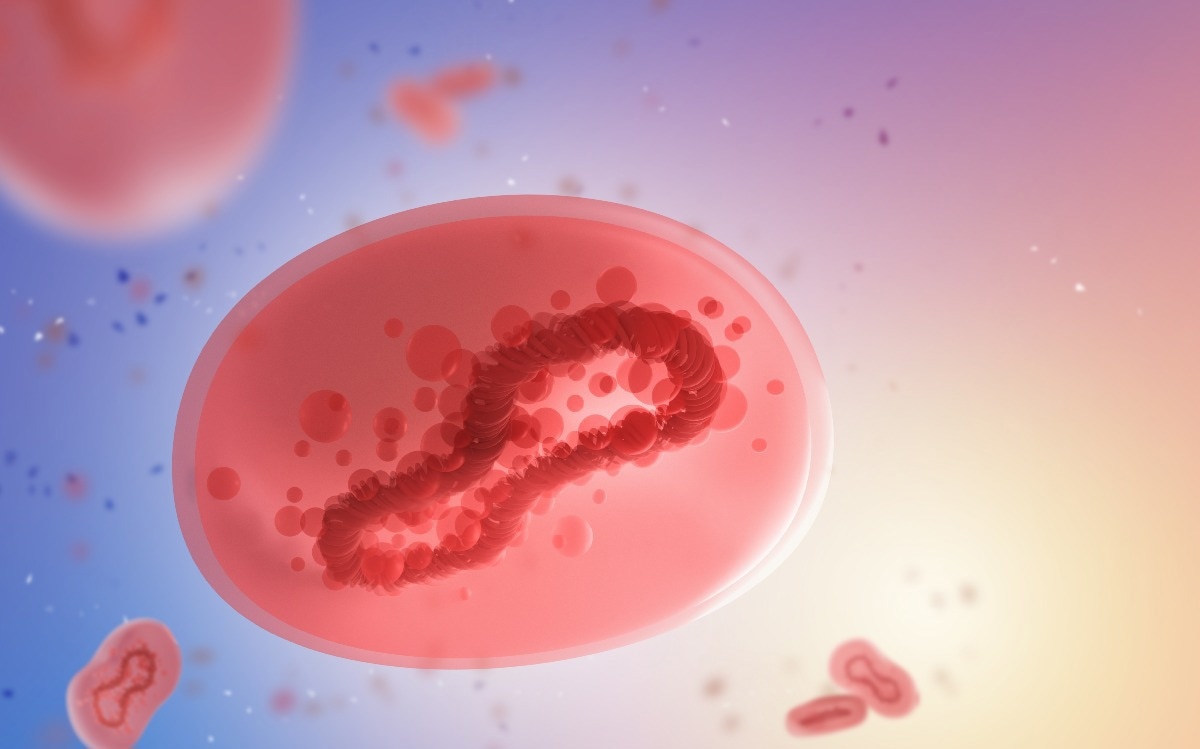In a recent study published in the Emerging Infectious Diseases journal, researchers investigated a case of human monkeypox infection without sexual exposure or viral prodrome.
 Study: Human Monkeypox without Viral Prodrome or Sexual Exposure, California, USA, 2022. Image Credit: FOTOGRIN/Shutterstock
Study: Human Monkeypox without Viral Prodrome or Sexual Exposure, California, USA, 2022. Image Credit: FOTOGRIN/Shutterstock
The multicountry outbreak of monkeypox infections in 2022 has been majorly linked to intimate contact among men who have sexual contact with other men. In the present study, researchers described a monkeypox case in a traveler who returned to the US from the UK and did not report any recent sexual contact.
Case findings
A male in his 20s sought medical attention at an emergency department in California, USA, on the seventh day after experiencing an asynchronous and diffuse vesicular rash after traveling to the UK. The patient reported that the first lesion was visible approximately 14 days after he attended an outdoor event where he had come in close contact with other people for a few hours. He reported that he did not notice skin lesions on any of the attendees and did not notice any sick person at the event. He remarked that the event was not specifically attended by only individuals who identified as bisexual or gay. He attended similar outdoor events over the next four days. He reported that he did not wear any facemasks at the events.
He identifies as bisexual but had no recent sexual encounters during his travels or in the previous three months. He resides with one roommate who did not display any symptoms. The patient also did not report any preceding fever, headache, chills, swelling of lymph nodes, fatigue, cough, or anorectal pain.
Results
The team found several non-draining skin lesions on the patient at different stages of appearance, such as a centrally umbilicated vesicle noted on his left palm, pustules on his lateral torso and back, and his left and right knuckles, and a crusting flat lesion on his lip. He did not manifest any penile, anal, or testicular lesions and no axillary, cervical, or inguinal lymphadenopathy.
While the basic metabolic panel results and complete blood count results were unremarkable, the team observed that the patient was negative for the rapid human immunodeficiency virus (HIV)-1 antibody/antigen test. Additionally, the urine sample provided by the patient tested negative for C. trachomatis and N. gonorrhea. However, the test result for rapid plasma regain was positive. Furthermore, the swab obtained from the expressed clear fluid was positive for nonvariola orthopoxvirus deoxyribonucleic acid (DNA) and monkeypox virus DNA for clade 2/3 (West Africa). A nasopharyngeal swab tested severe acute respiratory syndrome coronavirus 2 (SARS-CoV-2)-negative but monkeypox DNA-positive.
The team also conducted a follow-up monkeypox virus test on day ten since symptom onset. It detected clade 2/3 monkeypox virus and non-variola orthopoxvirus DNA in the saliva, conjunctival, and rectal swab samples. Lesions resolved by 26 days since symptom onset.
Conclusion
The study findings highlighted the peculiarity of the clinical manifestations of the present monkeypox infection case, indicating the potential routes of viral transmission during the monkeypox infection outbreak across the globe. The case also underlines the potential of widespread transmission at crowded, outdoor gatherings, which could adversely affect the efforts for epidemic control.